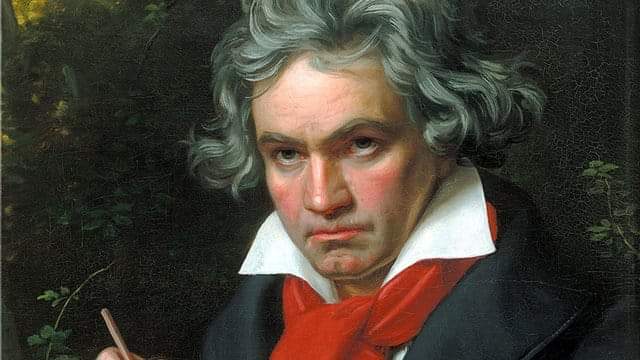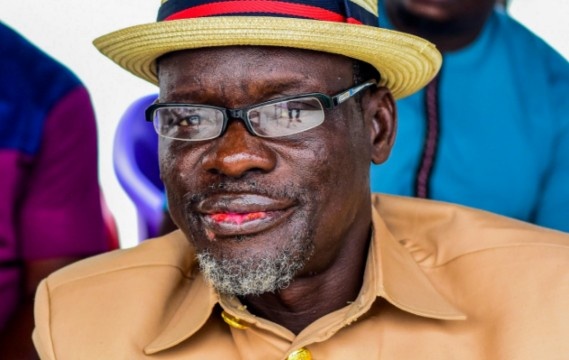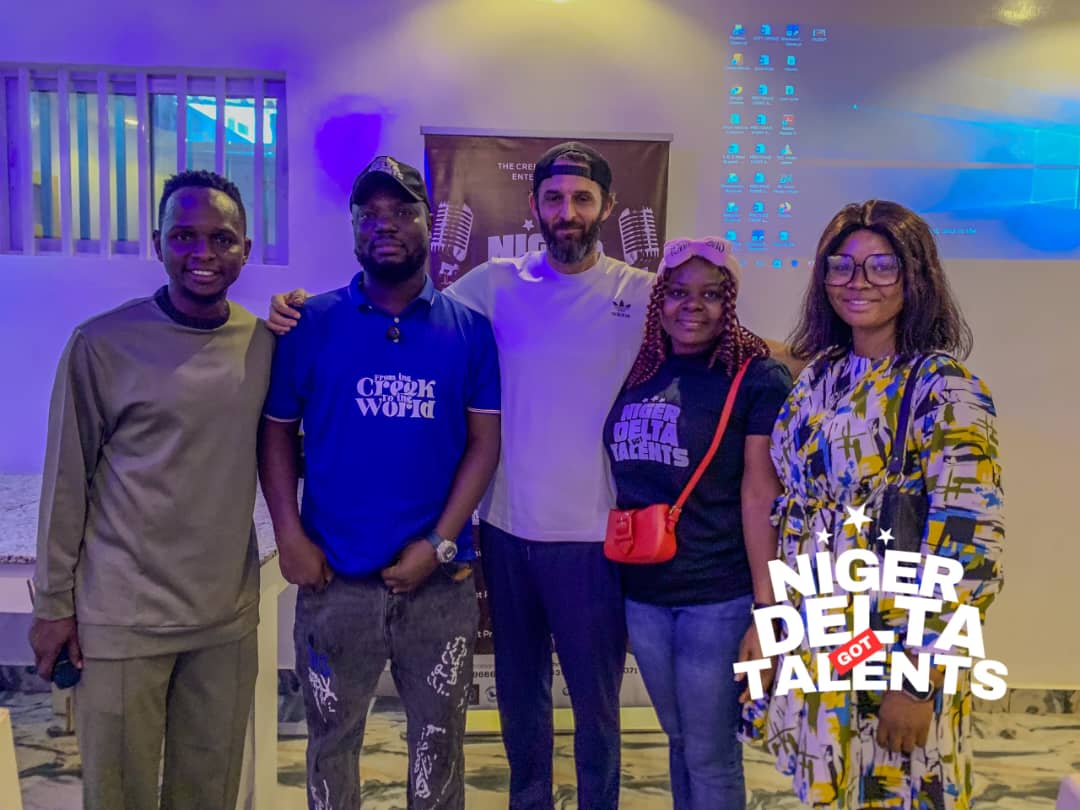LUDWIG VAN BEETHOVEN: The Classical Composer That Couldn't Hear His Composition

Did you know that the German classical composer and pianist, Beethoven, by the age of 44, was almost totally deaf and unable to hear voices?
Ludwig van Beethoven (1770-1827) was a German composer and pianist who remains one of the most admired composers in the history of Western music; his works rank amongst the most performed of the classical music repertoire and span the transition from the Classical period to the Romantic era in classical music.
Beethoven's career has conventionally been divided into early, middle, and late periods. His early period, during which he forged his craft, is typically considered to have lasted until 1802. From 1802 to around 1812, his middle period showed an individual development from the styles of Joseph Haydn (an Austrian composer of the Classical period who was instrumental in the development of chamber music such as the string quartet and piano trio) and Wolfgang Amadeus Mozart (a prolific and influential composer) and is sometimes characterized as heroic. During this time, he began to grow increasingly deaf. In his late period, from 1812 to 1827, he extended his innovations in musical form and expression.
Beethoven was born in Bonn. His musical talent was obvious at an early age. He was initially harshly and intensively taught by his father Johann van Beethoven. Beethoven was later taught by the composer and conductor Christian Gottlob Neefe, under whose tutelage he published his first work, a set of keyboard variations, in 1783. He found relief from a dysfunctional home life with the family of Helene von Breuning, whose children he loved, befriended, and taught piano.
At age 21, Beethoven moved to Vienna, which subsequently became his base, and studied composition with Haydn. Beethoven then gained a reputation as a virtuoso pianist, and he was soon patronized by Karl Alois, Prince Lichnowsky for compositions, which resulted in his three Opus 1 piano trios (the earliest works to which he accorded an opus number) in 1795.
His first major orchestral work, the First Symphony, premiered in 1800, and his first set of string quartets was published in 1801. Despite his hearing deteriorating during this period, he continued to conduct, premiering his Third and Fifth Symphonies in 1804 and 1808, respectively. His Violin Concerto appeared in 1806. His last piano concerto (No. 5, Op. 73, known as the Emperor), dedicated to his frequent patron Archduke Rudolf of Austria, was premiered in 1811, without Beethoven as soloist. He was almost completely deaf by 1814, and he then gave up performing and appearing in public.
Beethoven described his problems with health and his unfulfilled personal life in two letters, his Heiligenstadt Testament (1802) to his brothers and his unsent love letter to an unknown "Immortal Beloved" (1812). After 1810, increasingly less socially involved, Beethoven composed many of his most admired works, including later symphonies, mature chamber music and the late piano sonatas. His only opera, Fidelio, first performed in 1805, was revised to its final version in 1814. He composed Missa solemnis between 1819 and 1823 and his final Symphony, No. 9, one of the first examples of a choral symphony, between 1822 and 1824. Written in his last years, his late string quartets, including the Grosse Fuge, of 1825–1826 are among his final achievements.
If Beethoven couldn't hear, how did he write music? In answer to that, Beethoven had heard and played music for the first three decades of his life, so he knew how instruments and voices sounded and how they worked together. His deafness was a slow deterioration, rather than a sudden loss of hearing, so he could always imagine in his mind what his compositions would sound like. Beethoven's housekeepers remembered that, as his hearing got worse, he would sit at the piano, put a pencil in his mouth, touching the other end of it to the soundboard of the instrument, to feel the vibration of the note.
Despite his hearing loss, Beethoven continued to perform, but he ended up wrecking pianos by banging on them so hard in order to hear the notes. After watching Beethoven in a rehearsal in 1814 for the Archduke Trio, the composer Louis Spohr said: "In forte passages the poor deaf man pounded on the keys until the strings jangled, and in piano he played so softly that whole groups of notes were omitted, so that the music was unintelligible unless one could look into the pianoforte part. I was deeply saddened at so hard a fate."
When it came to the premiere of his massive Ninth Symphony, Beethoven insisted on conducting. The orchestra hired another conductor, Michael Umlauf to stand alongside the composer. Umlauf told the performers to follow him and ignore Beethoven's directions. The symphony received rapturous applause which Beethoven could not hear. Legend has it that the young contralto Carolina Unger approached the maestro and turned him around to face the audience, to see the ovation.
After some months of bedridden illness, Beethoven died in 1827. However, his works remain mainstays of the classical music repertoire. Among his legacies is a museum—the Beethoven House, the place of his birth—in central Bonn. The same city has hosted a musical festival, the Beethovenfest, since 1845. The festival was initially irregular but has been organised annually since 2007. The Ira F. Brilliant Center for Beethoven Studies, in the Dr. Martin Luther King Jr. Library, in the campus of San Jose State University, California, serves as a museum, research center, and host of lectures and performances devoted solely to Beethoven's life and works.
The Beethoven Monument in Bonn was unveiled in August 1845, in honour of the 75th anniversary of his birth. It was the first statue of a composer created in Germany, and the music festival that accompanied the unveiling was the impetus for the very hasty construction of the original Beethovenhalle in Bonn (it was designed and built within less than a month, on the urging of Franz Liszt). Vienna honoured Beethoven with a statue in 1880.
The third-largest crater on Mercury is named in his honour, as is the main-belt asteroid 1815 Beethoven. Beethoven's music features twice on the Voyager Golden Record, a phonograph record containing a broad sample of the images, common sounds, languages, and music of Earth, sent into outer space with the two Voyager probes.
Source: Wikipedia | Classic FM
#penglobalentertainment #LudwigVanBeethoven



